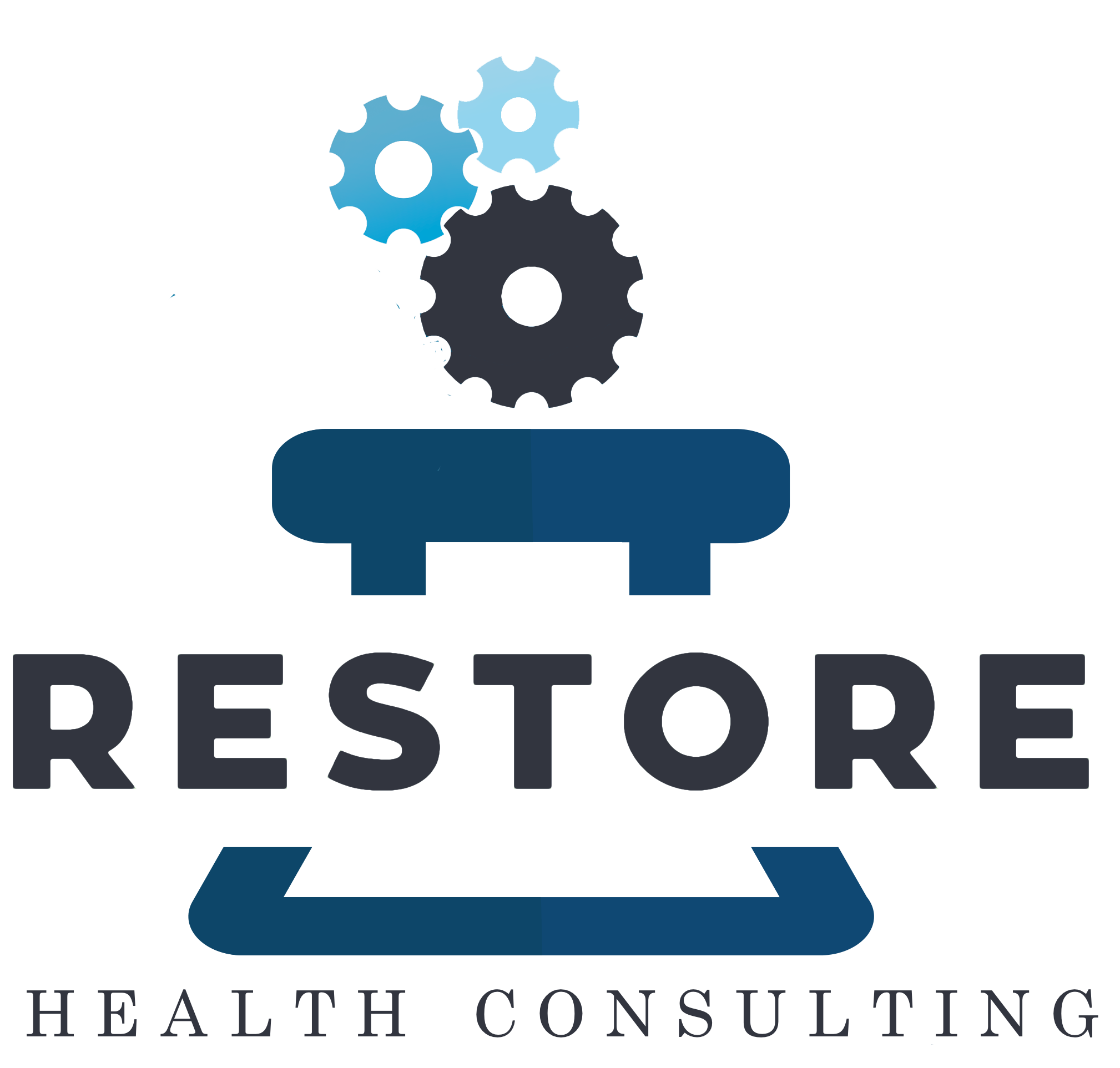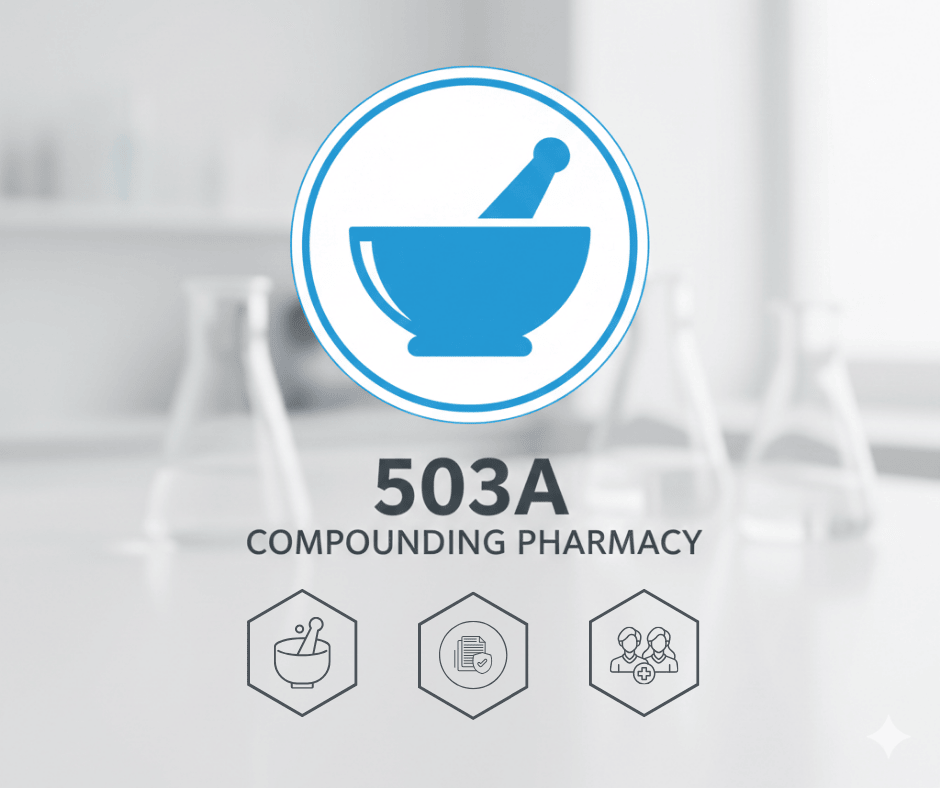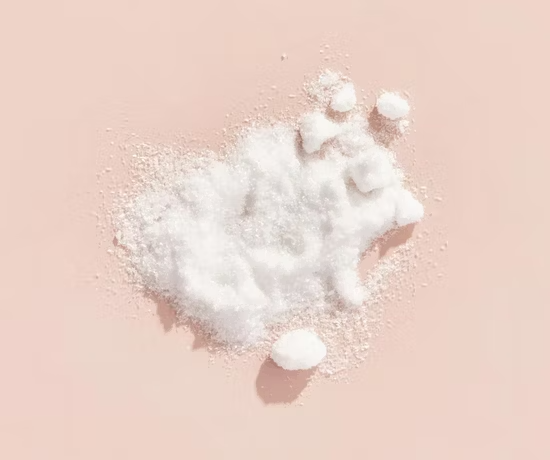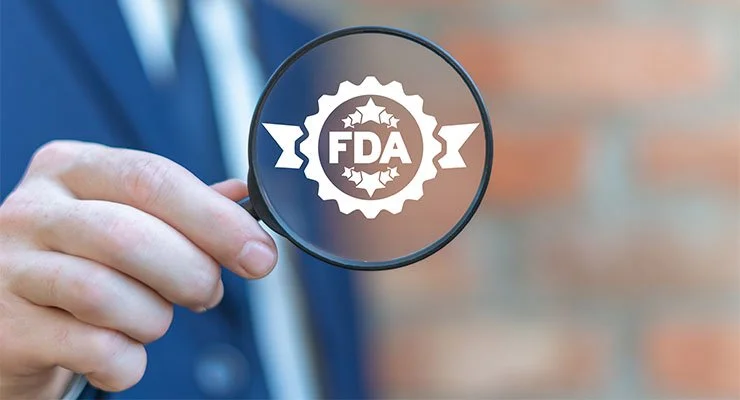503A pharmacies play an important role in personalized medicine by providing customized medications tailored to each patient’s needs. They prepare medications based on individual patient prescriptions for home use or administration in a healthcare setting. This guide covers the key definitions, regulations, and business considerations for 503As.
Read MoreAs FDA labeling evolves, telehealth scales, and demand for customized hormone therapy grows, pharmacies and outsourcing facilities face new expectations. The next era of menopause care will depend on infrastructure capable of supporting consistent, well-coordinated, personalized hormone therapy services at scale. Here’s what every 503A pharmacy, 503B outsourcing facility, and telehealth organization needs to anticipate next.
Read MoreThe FDA’s removal of boxed warnings on certain hormone therapies marks a major shift in menopause care. It reshapes who provides treatment, how it’s delivered, and the infrastructure supporting it—setting the stage for a modernized system spanning FDA-approved options, clinically justified compounding, advanced telehealth, and stronger 503A/503B operations.
Read MoreFollowing increased regulatory scrutiny and safety incidents linked to inconsistent oversight by state boards of pharmacy, the FDA established two designations for compounding facilities: 503A and 503B. This guide explains the defining features of each designation, the key differences between them, and what 503A compounding pharmacies and 503B outsourcing facilities need to know to remain compliant with evolving FDA and state regulations.
Read MoreThe rise of “e-house calls” changes the demands on pharmacies—traditional retail and 503A compounding alike. Patients expect faster turnaround times, transparent pricing, intuitive digital communication, and drop-ship accessibility that brings medications directly to their doorstep. Meanwhile, regulatory obligations for pharmacies receiving telehealth-originated prescriptions continue to expand. This article explores how pharmacies (compounding-focused and traditional retail alike) can position themselves for the modern telehealth landscape and remain compliant, competitive, and clinically aligned.
Read MorePharmaceutical compounding has transformed from a niche practice into a core element of the U.S. healthcare supply chain. The U.S. compounding pharmacy market was valued at approximately $6.7 billion in 2024 and is projected to reach $10.9 billion by 2034. While estimates vary, all forecasts signal sustained expansion through 2034.
Read MoreA 503B outsourcing facility is a type of drug manufacturing establishment authorized to compound medications in bulk, with or without patient-specific prescriptions, for distribution to healthcare facilities for office or “office-administered” use. These facilities are regulated by the U.S. Food and Drug Administration (FDA) and must comply with stringent quality and safety standards. Learn more about the definitions & regulations in this post.
Read MoreOn October 1, 2025, California’s Board of Pharmacy (BoP) will implement wide-ranging changes to its compounding regulations. The new rules revise Articles 4.5 and 4.6 of Title 16 of the California Code of Regulations, updating oversight for both sterile and nonsterile compounding.
These rules bring California into closer alignment with USP <795>, <797>, and <800>, but they also introduce California-specific twists that could change how pharmacies, outsourcing facilities, prescribers, and patients think about compounding.
Read MoreIn September 2025, the U.S. Food and Drug Administration unveiled a novel regulatory tool aimed at clamping down on unsafe imports of active pharmaceutical ingredients (APIs) for GLP-1 (glucagon-like peptide-1) drugs.
Read MoreDrug shortages reached modern highs in 2024 and remain elevated, especially for sterile injectables used in time-sensitive care. See the latest ASHP statistics and FDA’s root-cause analysis. Operational decisions are now inseparable from policy choices—how shortages are defined, which compounding pathways are available, and how trade and manufacturing rules are sequenced.
Read MoreSterile compounding oversight in the U.S. has been moving toward uniform, USP-aligned inspection evidence, especially for nonresident pharmacies shipping compounded sterile preparations across state lines. The National Association of Boards of Pharmacy (NABP) now provides two common frameworks boards lean on - VPP accreditation and their Blueprint inspection form. Even as the U.S. remains a patchwork of requirements, state regulatory frameworks tend to fall into three categories.
Read MoreFor more than two decades, the United States has navigated a recurring tension between two legitimate public-health aims: safeguarding the integrity of FDA-approved medicines and preserving access to individualized therapies prepared by licensed compounders. The flashpoints change—bioidentical hormones yesterday, GLP-1 receptor agonists today—but the core pattern remains strikingly similar. This article traces the parallels—factually and even-handedly—between (1) Wyeth’s mid-2000s campaign concerning compounded bioidentical hormone therapy (cBHT) and (2) current actions by Novo Nordisk and Eli Lilly involving compounded versions of semaglutide and tirzepatide.
Read MoreAs scrutiny sharpens around sterile drug compounding, 503A pharmacies are facing increasing pressure to ensure that every component used in compounded sterile preparations (CSPs)—from APIs and excipients to glassware and stir bars—meets the quality and documentation requirements set forth in USP <797> Section 9.3.1 and related FDA guidance.
Read MoreAs scrutiny intensifies around popular compounded medications like GLP-1 receptor agonists, some 503A pharmacies and 503B outsourcing facilities are recalibrating their strategies—shifting their focus toward underserved patient populations, orphan diseases, and non-commercially viable dosage forms.
Read MoreThe Shift from Stick-Built to Smart-Built: A New Era in Cleanroom Design
Read MoreFor organizations that already live in cGMP—generics firms, CDMOs, and late-stage biotech—standing up a 503B outsourcing facility is a credible way to (1) generate revenue, (2) validate commercial assumptions, and (3) sharpen operational excellence in parallel with an ANDA or 505(b)(2) program. Done right, a 503B business becomes a near-term, compliant go-to-market channel that builds hospital relationships, hardens your aseptic capability, and creates data that de-risks launch plans—without waiting for approval.
Read MoreThe compounding industry is undergoing a significant transformation. With the recent resolutions of the semaglutide and tirzepatide shortages, along with increased FDA scrutiny and legal challenges (such as the OFA vs. FDA tirzepatide case), many 503A and 503B facilities that relied on GLP-1 compounding are now at a crossroads. While some may see these changes as the end of an era, the reality is that compounding is evolving, and new opportunities are emerging for those willing to adapt.
Read MoreThe FDA has implemented strict oversight procedures that include regular inspections of 503Bs. The guidance document emphasizes that the FDA’s approach is risk-based, meaning that the scope and intensity of an inspection will depend on a facility’s compliance history, the complexity of its operations, and its overall risk profile. This article explores the six systems FDA inspects at 503B outsourcing facilities and provides a practical gap analysis checklist that can help facilities identify potential areas for improvement.
Read MoreIn today’s highly regulated environment, 503B outsourcing facilities must be prepared for all eventualities—including the possibility of a product recall. This article provides a detailed roadmap for implementing a robust recall readiness program, drawing on current FDA guidance and best practices.
Read MoreBio/pharmaceutical, advanced therapy, and 503B manufacturing facilities often face the decision of hiring in-house validation personnel or engaging third-party consultants for facility and equipment IQOQPQ. While both approaches have merits, outsourcing validation activities to specialized consultants frequently emerges as a more cost-effective and efficient GMP validation solution.
Read More




















